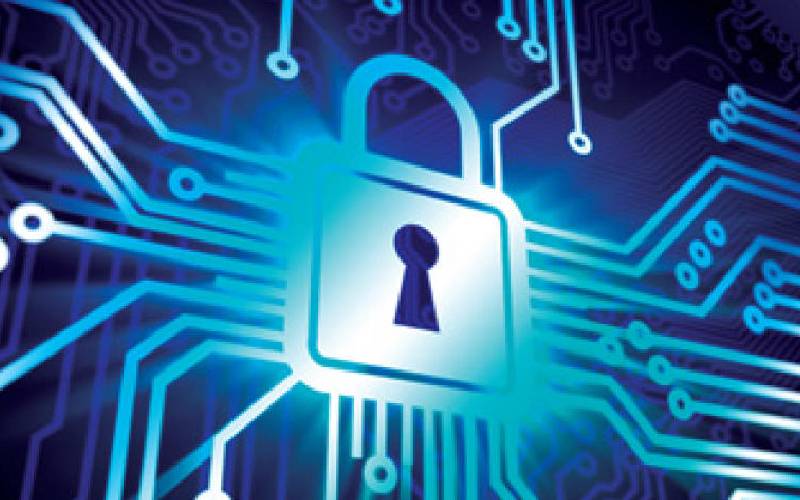×
The Standard e-Paper
Join Thousands Daily

There is a thin line between flattery and outright ‘theft‘. [File, Standard]
Imitation is the sincerest form of flattery, so they say. But some other time this would land one in trouble for uplifting another person’s work without proper consent.